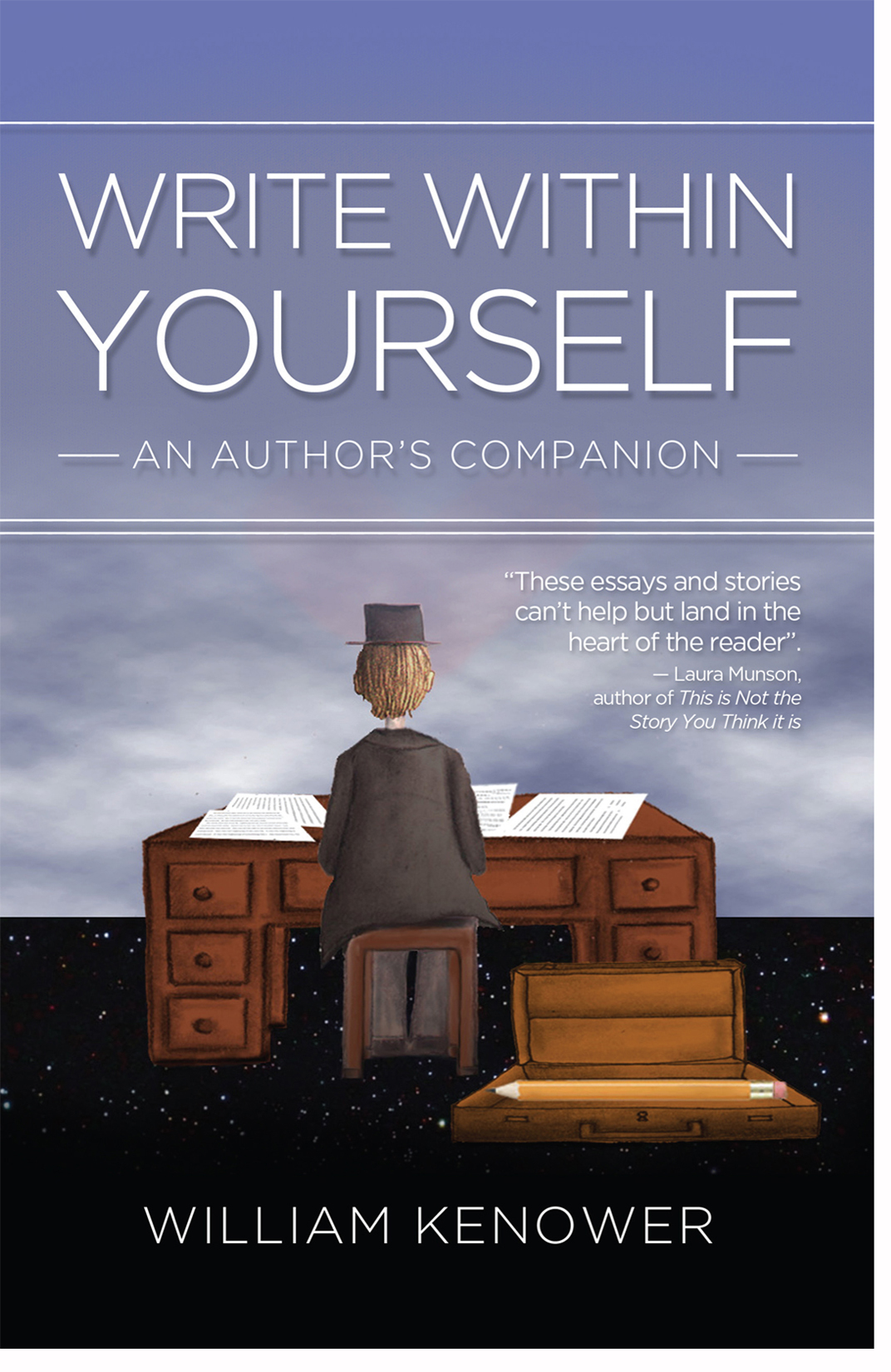Curiosity: The Path to Finding Your Voice
Learning the craft of writing is one thing. There are lots of classes and books that can help you understand both the fundamentals and the nuance of story, dialogue, character, and description. If you don’t like books and classes, you can also just write as much as you can and you will eventually learn that dialogue is most provocative when characters don’t say exactly what they mean, and that nouns and verbs are the bones and muscles of all descriptive writing. Learning about voice, however, is another thing altogether. For a writer, finding what we have come to call our voice is ultimately more important than learning how to tighten a sagging middle or create believable characters. Until you have found your voice, no matter how diligently you study craft, writing will remain frustratingly unknowable, the blank page a moving target you come to fear and resent.
Yet as a writing instructor, I cannot train your voice the way a singing instructor could help you train your voice. All I can do is remind you that you have one. It’s true. That is because your voice is what interests you most. That’s it. Your voice is not a product of clever word choice, or an expansive vocabulary, or a willingness to take bold stylistic chances. Your voice is your unique interest authentically expressed, unencumbered by any thought of what anyone else thinks is interesting.
Which is why “finding your voice” has very little to do with writing and everything to do with simply being human. Everyone has to find their voice, whether they love to write, cook, garden, or play hopscotch. It is both the simplest thing and the most difficult thing. It is the simplest thing because nothing is easier, more natural, and requires less effort than laying your attention on that to which your curiosity is inherently drawn. It is as natural as eating what you find delicious or laughing at what you find funny.
But it can be the most difficult thing, because to follow your curiosity without apology or restraint means accepting that you and you alone can answer the question, “What is a good life?” To follow your curiosity you cannot worry about fitting in, or sounding smart, or doing the “right thing.” You also cannot worry about success and failure. To follow your curiosity with abandon is to accept that you will learn what your success looks like, and that it will look different than anyone else’s.
Humans love to tell each other what to do. We love to tell each other how to behave, and whom to vote for, and what to eat, and what to read, and which songs to listen to, and when and how and if we should pray. Sometimes we even punish people when they don’t do what we believe they should do. As writer, you have probably been punished at some point in your life for writing the “wrong thing.” It is possible you perceive rejection as a kind of punishment for writing the wrong thing, or maybe writing the right thing in the wrong way.
The worst punishment I have ever known is trying to live someone else’s idea of a life, to write someone else’s idea of a story. That is constant suffering, for no matter how hard I try, everything I do feels wrong, and every path I follow leads to failure. Yet all the suffering and rejection and failure I have known in my life has merely served to guide me back to myself, back to my curiosity, whose unerring guidance I have always had the option to reject or accept.
Write Within Yourself: An Author's Companion.
"A book to keep nearby whenever your writer's spirit needs feeding." Deb Caletti.
You can find William at: williamkenower.com


